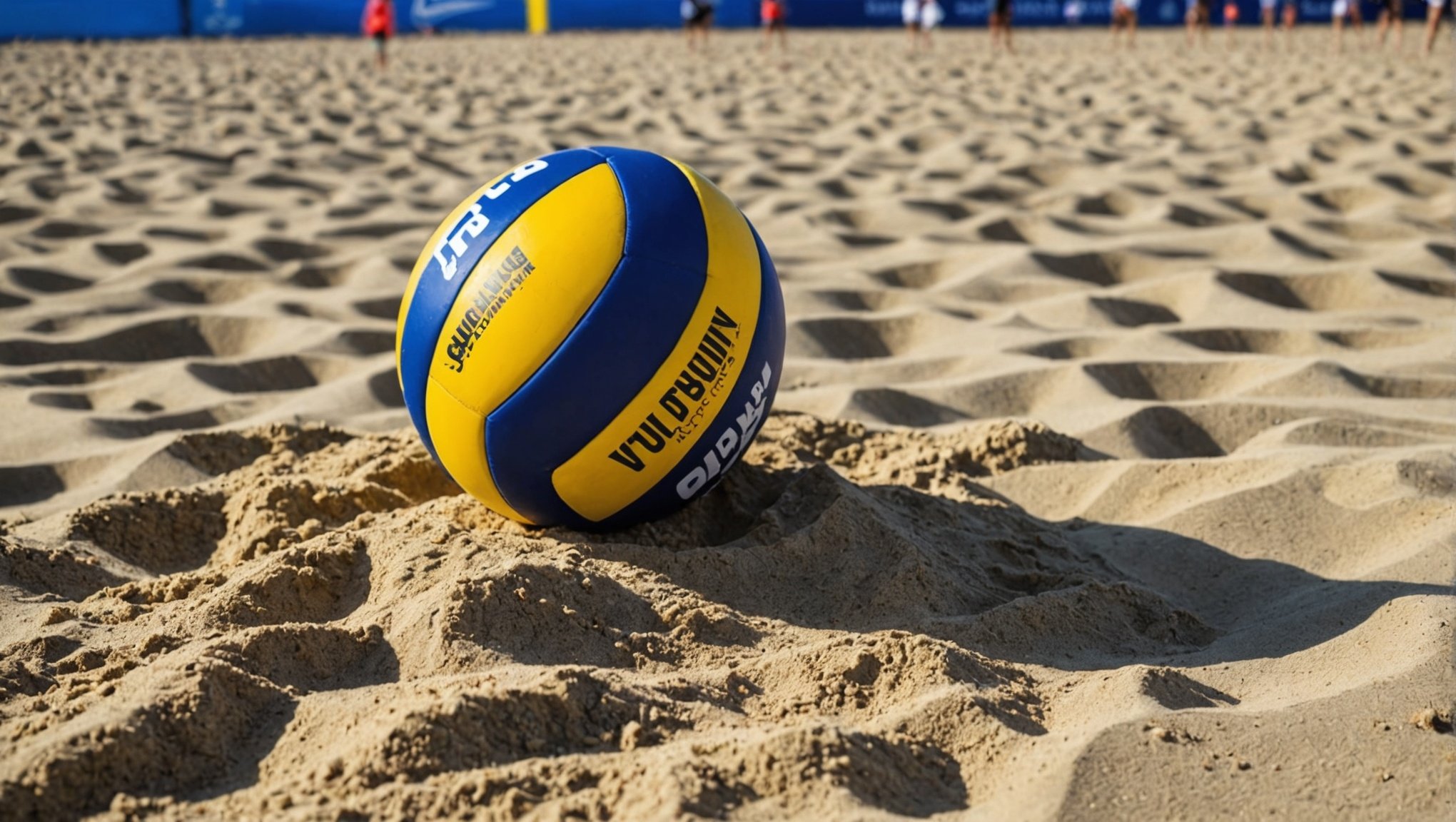Training Techniques for Sand Court Mastery
To excel in sand volleyball, utilizing targeted sand volleyball training techniques and drills is essential. Unlike indoor play, the sand court presents unique challenges that require specific skill enhancement strategies.
One of the foundational beach volleyball drills involves focusing on footwork agility. The shifting sand surface demands not just speed but balance and precision. Incorporating lateral shuffles and quick sprint exercises into your routine can greatly improve these aspects. These drills are designed to mimic the unpredictable nature of the sand, helping players respond more effectively during matches.
Also to see : Mastering Balance and Poise: Essential Strategies for UK Figure Skaters to Thrive Under Pressure
Resistance training plays a critical role in building the strength needed for powerful plays. This type of training can include the use of resistance bands or weight vests to simulate the extra effort required to move on the sand. Furthermore, plyometric exercises, such as jump squats and lunges, enhance explosive power, crucial for both offense and defense in sand volleyball.
Agility isn’t just about speed; it’s about control too. Therefore, sand volleyball training techniques also focus on strategies that enhance coordination and timing, such as practising ball control drills under varied conditions. Integrating such targeted training methods will prepare athletes not only for the physical demands of beach volleyball but also improve overall gameplay efficiency.
Topic to read : Essential Strategies to Combat Burnout Among Professional Esports Gamers in the UK
Physical Conditioning Strategies
Achieving peak performance in beach volleyball necessitates tailored physical training and volleyball conditioning. One crucial aspect is developing core strength and stability, which are vital for maintaining balance and power during matches. Exercises like planks, Russian twists, and medicine ball throws enhance the body’s ability to perform dynamic movements on the unpredictable sand surface. These targeted routines not only improve on-court performance but also help in injury prevention.
Endurance training is another essential component for sand court fitness. Prolonged matches demand a high level of stamina to maintain a consistent level of play. Incorporating activities such as interval running, circuit training, and sand sprints can significantly boost cardiovascular fitness, ensuring players can sustain energy and focus in the heat of competition.
Equally important are recovery techniques to prevent injuries that can occur during intense sessions on sand. Regular stretching, foam rolling, and hydration are key to keeping muscles flexible and reducing the risk of overuse injuries. Implementing active rest days, where light activities replace rigorous workouts, allows the body to repair and strengthen, ultimately supporting long-term athletic health. Emphasising these strategies in a regular training regimen ensures that athletes are well-prepared for the demands of competitive beach volleyball.
Mental Strategies for Competition
In the realm of sports psychology, mastering mental strategies can significantly enhance performance. A robust competitive mindset begins with techniques aimed at developing focus and concentration during matches. Mental preparation is key; athletes often use deep breathing exercises, specific routines, and mindfulness practices to maintain laser focus amid distractions. By centring their thoughts, they can better respond to the dynamic nature of competition.
Another powerful tool in an athlete’s arsenal is visualization. Visualization practices involve mentally rehearsing specific movements or scenarios to improve performance and build confidence. For example, an athlete might visualize completing a complex manoeuvre successfully prior to execution, which primes the mind for action and boosts mental readiness.
Building resilience is equally crucial. Competitors must handle the inevitable pressures that come with performance. One effective strategy is cognitive restructuring, which helps athletes manage negative thoughts by reframing them into positive affirmations or learning opportunities. This promotes a healthier mindset, allowing them to thrive even under competitive pressure.
- Techniques for focus and concentration
- Visualization for confidence and performance
- Resilience-building and pressure management
These strategies equip athletes with mental tools to excel in their sport, honing their competitive edge and fostering long-term success.
Skill Development Focus Areas
In beach volleyball, focusing on specific skills can drastically enhance your game. Let’s explore key areas for skill development:
Serving and Receiving Skills
Effective serving and receiving are fundamental in beach volleyball. Serving creates the initial advantage, making it crucial to master various serving techniques like floaters and topspin serves. Receiving skills are equally important; precise reception sets up the play for potential success. Practice drills targeting accuracy and timing to improve these essential skills. Positioning yourself correctly and maintaining constant communication with your partner are strategies to enhance your reception capabilities.
Setting and Spiking Techniques
Setting and spiking are critical elements that can make or break the team’s offense. The setter aims to deliver a perfect ball for the spiker to attack effectively. Perfecting your setting technique involves practicing precise ball placement while maintaining fluidity in motion. Spike with power and precision to overcome opponents, focusing on developing a strong vertical jump and optimal body posture for effectiveness.
Defensive Plays and Strategies
A solid defense is a game-changer. Fundamental techniques such as the dig and block techniques are essential for protecting your side of the net. Implement strategic formation to adapt to your opponents’ play style, and refine your timing and anticipation to prevent points and regain control in matches.
Engaging with the Beach Volleyball Community
Diving into the UK beach volleyball clubs is a fantastic way to connect with both novice and seasoned players. For enthusiasts, knowing popular clubs such as the London Beach Volleyball Club or the Sandbanks Beach Volleyball Club is essential. These clubs offer a welcoming environment for learning and competing. They often hold workshops and training sessions that cater to all skill levels.
Local tournaments play a crucial role in these communities, providing platforms for members to showcase their talents. Events such as the British Beach Tour or regional championships serve as excellent opportunities for social interaction and skill enhancement. They offer a unique chance to observe different play styles and tactics firsthand.
Networking with experienced players and coaches holds significant benefits. Participants can gain insights into advanced techniques and strategies, fostering personal growth and development. Such relationships often open access to broader community resources, such as exclusive training sessions and mentorship programs.
In summary, joining a local club and engaging with its community not only enhances gameplay but also builds a steady support network. Whether you’re a beginner or aiming to refine your skills, the player networking opportunities are endless and enriching.


















